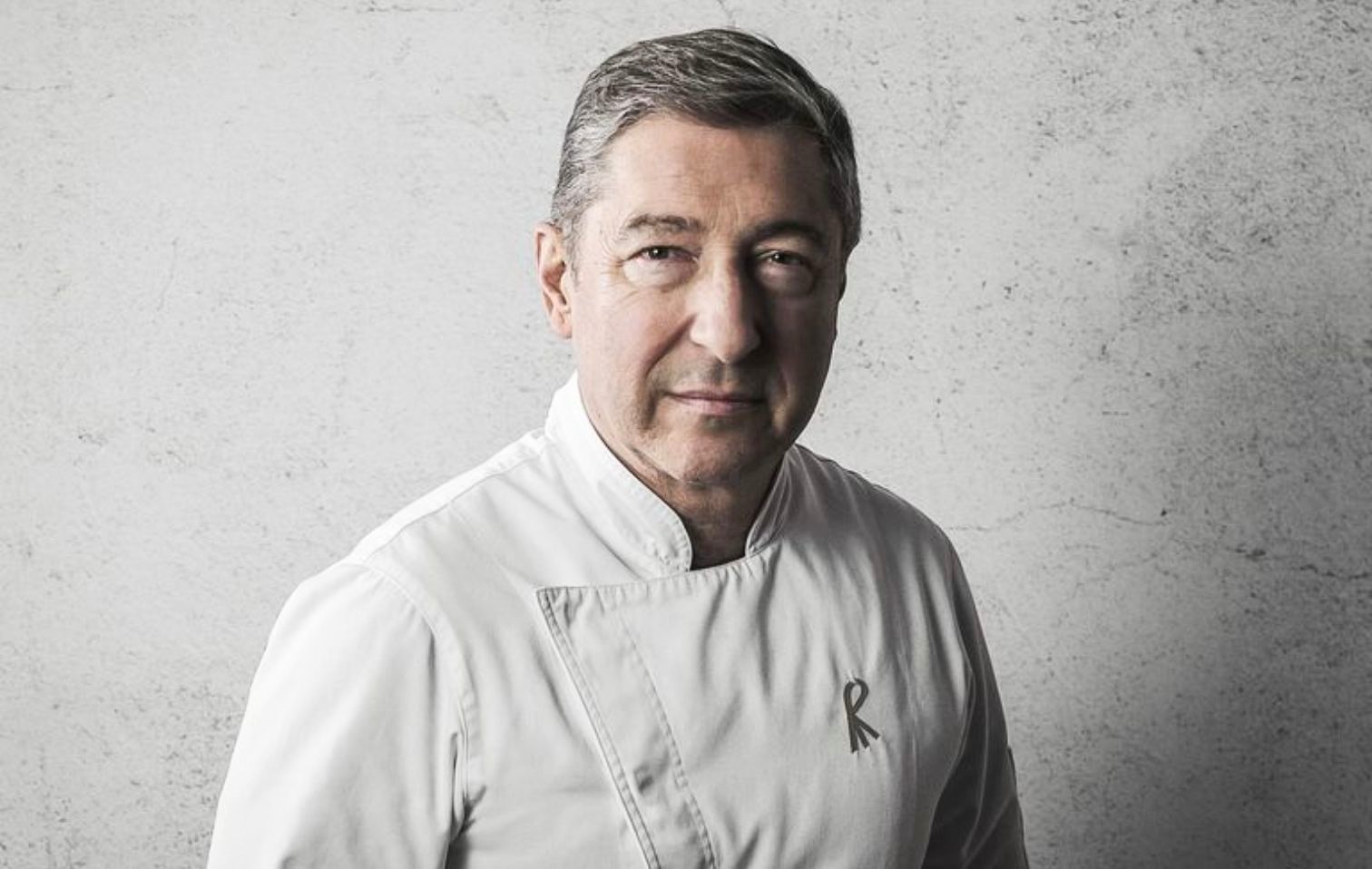After receiving another award - the Les Roches Hospitality Golden Key Award - Joan Roca discusses the future of gastronomy.
The opinion
El Celler de Can Roca, a three-Michelin-star restaurant and twice best restaurant in the world according to The World's 50 Best Restaurants, just turned thirty-seven. It was August 1986 when the Roca brothers, Joan and Josep, later joined by Jordi, opened their fine dining establishment next to the family's business, Can Roca. They turned this dream and the Roca name into something of global significance in the culinary world.
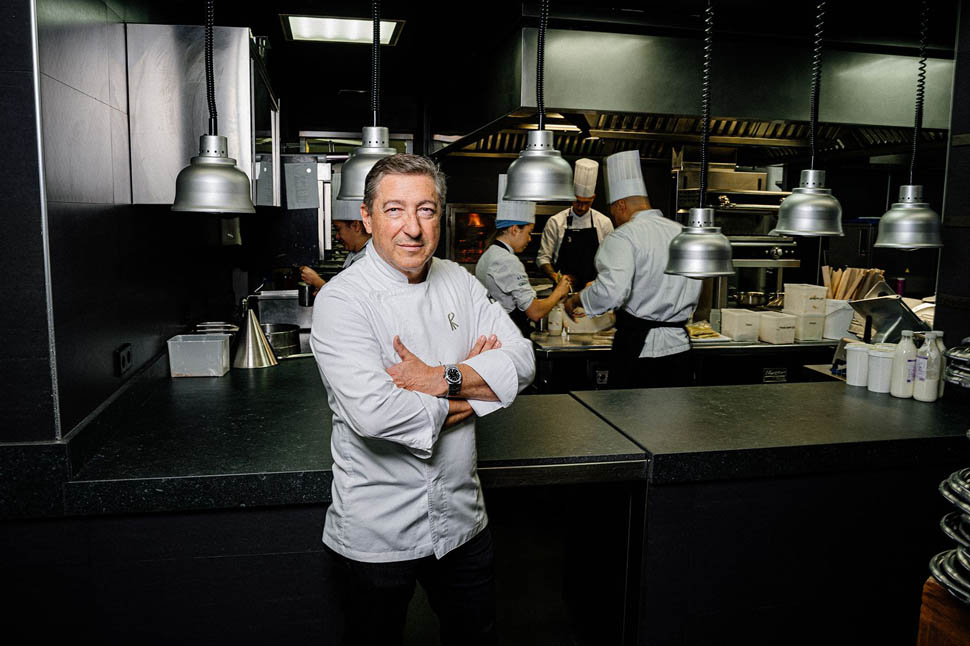
Despite their remarkable success, what has consistently distinguished them is their humility, along with their unwavering commitment and excellence. Over two thousand young talents have passed through their training programs, with some continuing to work in their various ventures, from Rocambolesc ice cream shops to the brand-new Bikineria recently opened in the center of Girona. Joan, after receiving the Les Roches Hospitality Golden Key Award for his personal commitment and contribution to the culinary industry and education, opened up in an interview with Esquire.
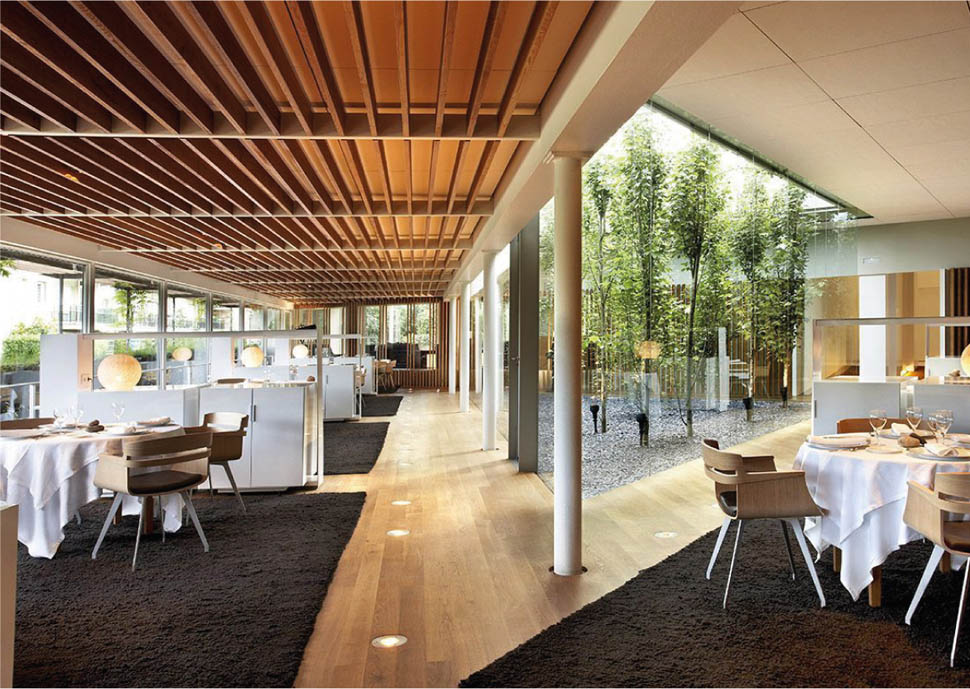
"I believe that cooking, being a chef, can be learned," he begins. "In my case, it's obvious; we come from a family of chefs and restaurateurs, and there was that connection, that calling. My experience with young people from around the world at El Celler or the hotel school in Girona tells me that it can be learned, that with the desire and enthusiasm, it's a passion that can ignite knowledge and make them fall in love with the profession." Technique? According to the great chef, it's important and provides a solid foundation for creativity, but what matters most to him is "to convey values, those values that our parents instilled in us. Hospitality means taking care of people, making them happy."
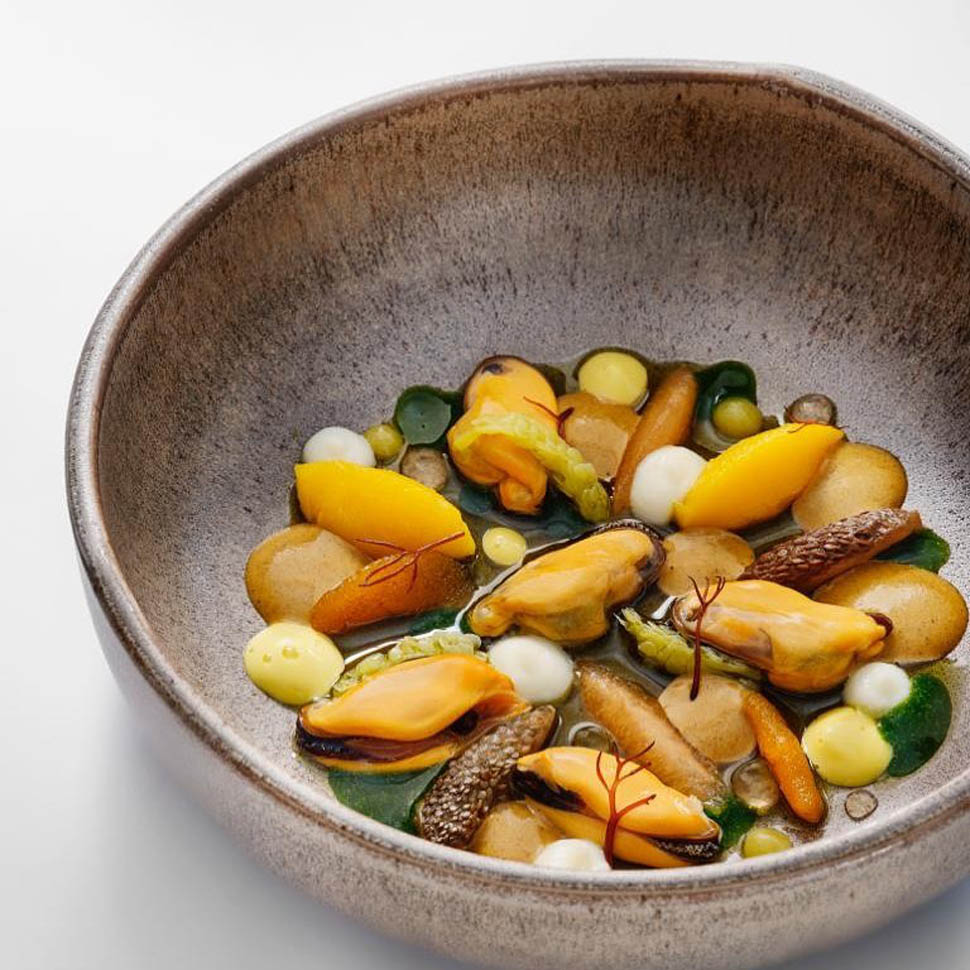
However, when his son left a political career to become a chef, Roca didn't bat an eye. "I didn't expect it, but it was a pleasant surprise. I only told him to think about it many times. It's a wonderful profession that today allows for travel, exploration, and discovery; on the other hand, it comes with many challenges and difficulties." Speaking of challenges, with the gastronomy boom, is it easier or harder for young chefs to make a name for themselves? "I think it's easier, for a very simple reason: the chef's role is much more valued than when we started. You feel like part of a society that's fascinated by everything you do. Of course, starting a restaurant may be more financially challenging, but it's not impossible."
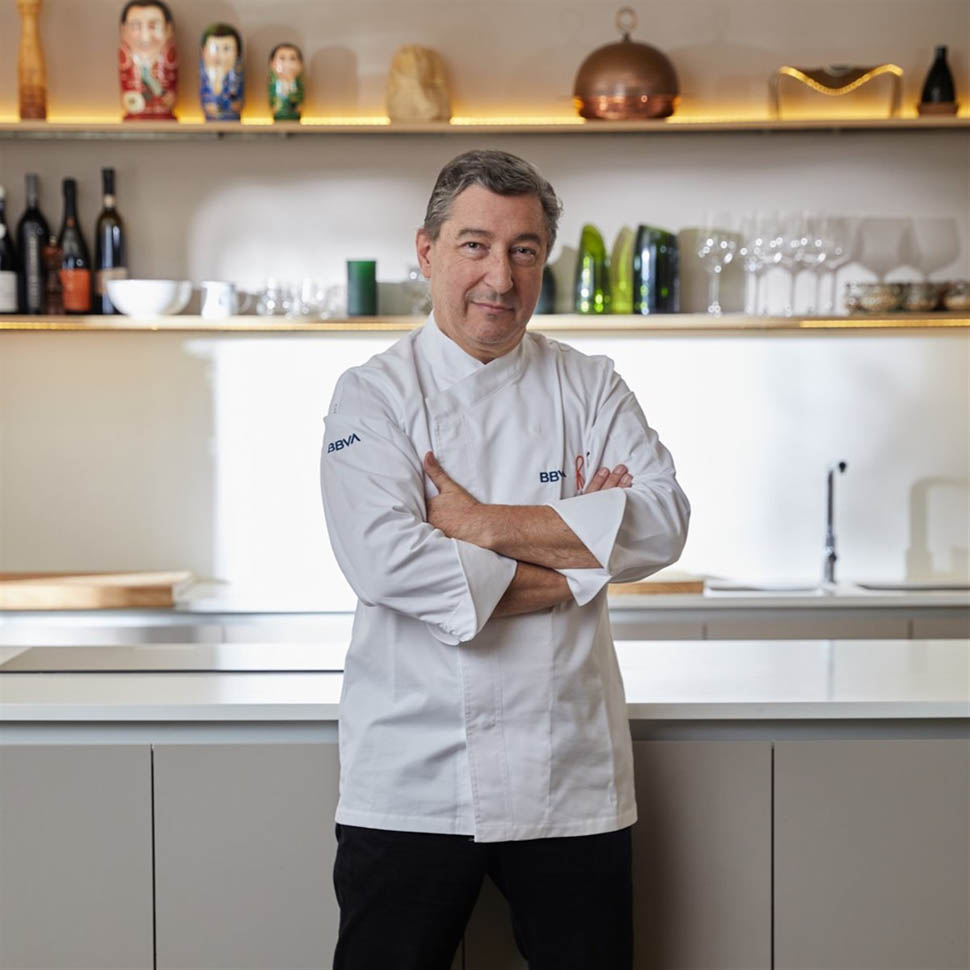
Thanks to their success, the Rocas are determined to continue surprising the world for at least another decade. Fine dining, according to them, is sustainable and has a future. "However, there won't be many restaurants like ours, as they require a team and an investment that will limit their numbers. There's a world with the capacity and curiosity to experiment but also the desire to dine more frequently in affordable restaurants. We need to use our imagination to develop attractive yet more economical and well-managed offerings."
